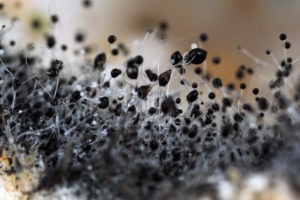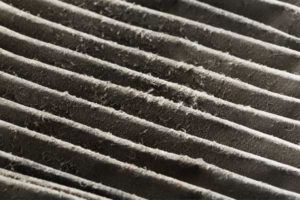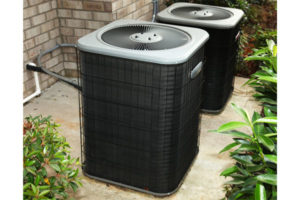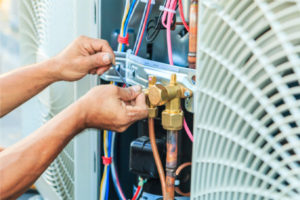HVAC
According to the EPA, mold requires moisture, food, and oxygen to grow. This means that any moist surface in your home is a candidate for mold infestation, including your air conditioner. Air conditioner mold is particularly more dangerous since it will spread in your home quickly, causing health issues among your family members and pets.
If your air conditioner is running in short bursts, then you are dealing with a phenomenon called AC short cycling. It can lead to several problems unless properly addressed. In this article, we tackle the causes and effects of short cycling, as well as what you can do to prevent it.
Air conditioners are designed to provide a cooling effect but they are not supposed to freeze. If they do, then it means something has gone wrong to upset the balance. In this article, we discuss why this happens, what to do when your AC unit freezes up, and how you can prevent a recurrence.
Many homes have a room or two that seem to feel much warmer than the rest of the home. The occupants of that room feel uncomfortable and need to find relief from the scorching heat. In this article, we discuss nine ways to cool a room without a proper AC unit.
If your air conditioner is producing a stench, it is a sure sign that something is up and should be checked immediately by an HVAC contractor. Find out what types of air conditioner smells your AC unit is likely going to produce, what their causes are, and what you should do about it.
Heat exhaustion and heat stroke impact many during the summer. In this article, we discuss some ways to keep cool should your air conditioner malfunction at the peak of the summer. It is important to note, however, that many air conditioner breakdowns can be avoided by scheduling an annual air conditioner tune-up.
Whenever it feels hot inside the house, we often turn to the air conditioner for comfort. We push a few buttons and enjoy a cooler home. It’s a great piece of technology that makes the worst summer days bearable. In this article, we discuss how an air conditioner works to keep your home cool.
A modulating air conditioner offers intelligent energy consumption, stable performance, and much more. These units are built to control temperature more effectively and to reduce humidity for better comfort. In this article, we discuss some of the features that modulating or variable-speed air conditioning units offer. Click here to learn more!
No air conditioning unit is completely quiet. Even new units will produce certain sounds which are completely normal for day-to-day use. In some cases, however, the air conditioner noises may be a symptom of a bigger problem that indicates that the unit should be inspected by a professional right away.










